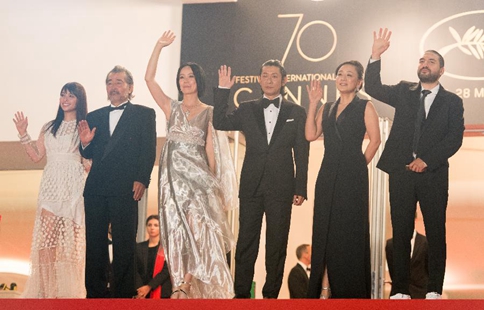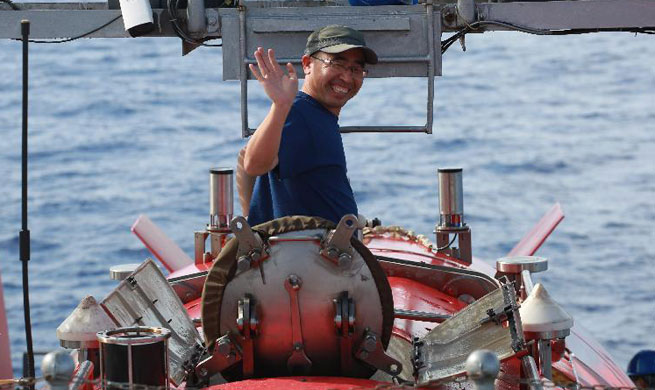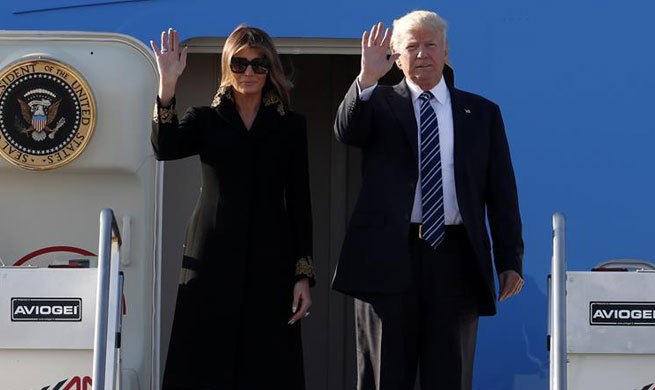by Xinhua writers Gan Chun, Pan Geping
BRUSSELS, Oct. 12 (Xinhua) -- Innovation is the new driving force for cooperation between China and Belgium, as the two countries are "highly complementary" to each other in developing a successful innovative economy, according to Chinese Ambassador to Belgium Qu Xing.
"The Chinese economy is now at a crucial stage where it is transforming from a manufacturing-based economy to an innovation-driven economy, and Belgium is a country with a small market but strong innovation capability. The two countries therefore have great potential for cooperation in terms of innovation," the ambassador told Xinhua in an exclusive interview on Tuesday.
"Belgium boasts a leading role in several fields of innovative research, such as microelectronics, chemical products and pharmaceuticals, while China has great market potential and capital," he said.
One of the latest attempts for such cooperation was the launch of the China-Belgium Technology Center in June in the university town of Louvain-la-Neuve, some 30 km southeast of Brussels. The project aims to build a 82,000-square-metre complex of incubators for high-tech and innovative businesses.
"The basic concept of this project is to bridge Chinese small and medium-sized enterprises and Belgian research institutions. They can cooperate to commercialize new technology, and turn it into products that meet the needs of both Chinese and Belgian consumers," Qu explained.
The year 2016 marks the 45th anniversary of the establishment of diplomatic ties between China and Belgium, with a series of ceremonies and events planned throughout the year.
Looking back on the 45 years of development of bilateral ties, Qu underlined that China and Belgium had developed a "comprehensive, friendly and cooperative partnership."
"In 1971, the trade volume between the two countries was only 20 million U.S. dollars. Last year, it amounted to 23.2 billion U.S. dollars, 1,150 times what it began with," he said. "That is to say, now the trade volume of every seven hours is equivalent to that of a whole year when they first established diplomatic ties."
"In 2014 and 2015, heads of state from both countries visited each other," he added. "Tourism, culture and education exchanges have also become more frequent and diverse."
Last year, over 110,000 passengers took the direct flight from Beijing to Brussels, and another 140,000 from four Chinese cities to the eastern Belgian city of Liege.
There are currently around 4,000 Chinese students studying at Belgian universities, while an increasing number of Belgian students are taking Chinese courses and even going to China for study, according to Qu. More than 50 Belgian educational institutions now offer Chinese classes, and the two countries have jointly established six Confucius Institutes to teach Chinese language and culture.
These numbers demonstrate a flourishing relationship between China and Belgium, said Qu, which contributes to the well-being of people from both countries.
"For the years to come, the two countries will not only deepen their political and economic ties, but also head towards the direction of innovative cooperation," the ambassador stressed.
















